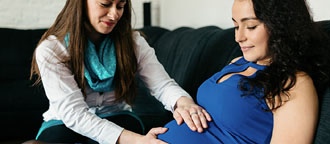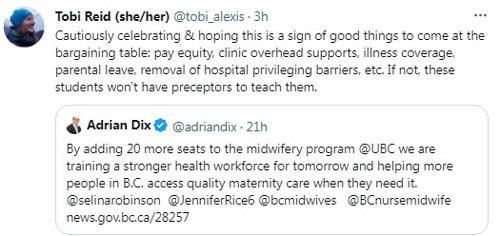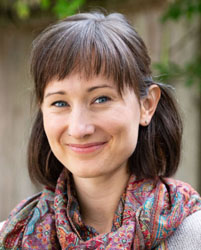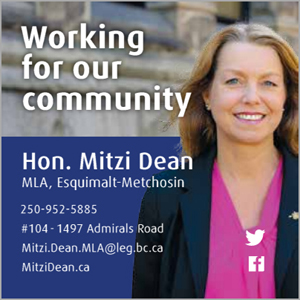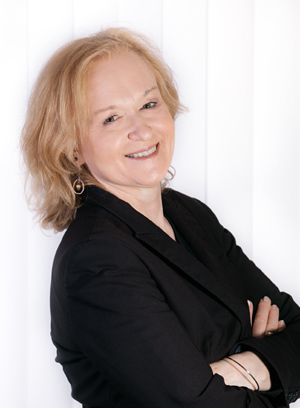Friday February 17, 2023 | VANCOUVER, BC [Updated February 19 & March 27, 2023]
by Mary P Brooke, B.Sc. | Island Social Trends
Twenty more seats have been added to the midwifery program at the University of British Columbia (UBC) in Vancouver. Midwives are trained within the Department of Family Practice which is part of the Faculty of Medicine.
That increases the total annual intake to 48. Four of the bachelor of midwifery seats announced today were added last year and the remaining eight seats are available in September this year.
The Ministry of Health and Ministry of Post-Secondary Education and Future Skills notes this as being an increase of over 70%.
Autonomous practitioners:
Midwives provide prenatal, birthing and post-natal care. They are autonomous practitioners (much like the model for family doctors in BC) who must run their own practice as a small business. Fees are paid by the Medical Services Plan (MSP) so that patients can use their MSP card to access midwifery care.
Due to the nature of the work, midwives are essentially on-call 24/7, 365 days a year.
Midwives practice under the authority of the BC College of Nurses and Midwives and through membership in the Midwives Association of British Columbia. Currently there are approximately 536 registered midwives in BC.
Today there was mention by one of the midwifery professionals that increases in compensation and working conditions (including pay equity, clinic overhead supports, illness coverage, parental leave, and removal of hospital privileging barriers) would help the profession and presumably the outcomes for patients. Island Social Trends has inquired with the Ministry of Health for a response on these points.
Increasing demand:
Today Health Minister Adrian Dix said that in recent years, there has been increasing demand for midwifery services in B.C”. In 2020-21, midwives assisted in more than 12,000 births, or approximately 27% of births in the province, the highest proportion in Canada.
This increasing demand could in part be as a result of a shortage of family doctors and/or as a preference for type of maternity care as chosen by expectant mothers and families.
“This expansion at UBC will help more people pursue a rewarding career as a midwife and, in turn, allow more people to access midwifery care during an exciting time in their lives,” said Dix.
The Ministry of Post-Secondary Education and Future Skills has provided UBC with initial funding of $1.7 million to establish the additional seats and is providing $1.7 million annually, starting this year, as announced today by Post-Secondary Education and Future Skills Minister Selina Robinson.
Crunching the numbers:
The expansion to 48 seats includes 12 new seats in the bachelor of midwifery program, bringing the total annual intake from 20 to 32, and eight new seats in the Internationally Educated Midwives Bridging Program (IEMBP), bringing the annual intake from eight to 16.
The IEMBP is an eight-to-10-month program that allows internationally educated midwives to become registered to practise in B.C. and is the only program of its kind in Canada.
Four of the bachelor of midwifery seats were added in September 2022 and the remaining eight seats are being added in September 2023. The IEMBP seats were added in January 2022.
Educational experience:
“For two decades, UBC has been providing people with the education and training they need to become midwives and support British Columbians as they grow their families,” said Minister Robinson.
“Now, even more people will be able to access this educational experience and help even more British Columbians. This seat increase for the midwifery program is part of our Future Ready plan, which is preparing people for the jobs of today and tomorrow by expanding access to post-secondary education and skills training.”
Indigenous learners:
UBC’s midwifery program supports Indigenous learners in its admissions process and by incorporating cultural learning experiences and mentorship provided by Indigenous midwives and Elders throughout the four-year program. On average, 10% of students enrolled in the program self-identify as Indigenous.
Midwifery community weighs in:
(professional midwives may send their input to letters@islandsocialtrends.com for consideration to be included here):
“We’re thankful to the government and this investment in the future of midwifery is very promising. We’re so pleased to see progress being made in recruitment, and we also look forward to seeing continued work on retention and addressing sustainability of the profession for existing registered midwives. This will ensure continued availability of clinical preceptors and learning environments for new midwifery students. We know that further investment is needed in compensation and infrastructure support and look forward to seeing what’s ahead as the Midwives Association of British Columbia continues its work with government.” ~ Tobi Reid, Registered Midwife, Cook Street Community Midwives; Board Member, Midwives Association of British Columbia
“This year, we have over 400 registered MABC members, providing care in over 101 unique locations. We’re proud of our members’ work and are excited to continue to care for BC’s communities,” says the Midwives Association of BC on Twitter.
Health Human Resources Strategy:
Creating opportunities for people to become midwives in B.C. is part of the Province’s Health Human Resources Strategy, which was announced on Sept. 29, 2022.
The strategy supports patients by ensuring they get the health services they need and are cared for by a healthy workforce. It focuses on 70 key actions to recruit, train and retain health-care workers, while redesigning the health-care system to foster workplace satisfaction and innovation.
“I set out to become a midwife in order to empower families with evidence-based knowledge and culturally safe care,” said Simrat Dial, second year UBC midwifery student. “Through a combination of case-based theory and practicum experiences in communities, UBC midwifery has enabled me to bridge the gap between theory and reality and build my confidence in my skill set as I do it. Expanding UBC’s midwifery program will result in new learning opportunities for students while reducing barriers to midwifery care and the program.”
Entry point to primary care:
Midwifery care is an entry point to primary care but with the shortage of family doctors in BC, it’s unclear whether a gap emerges after post-partum midwifery care and finding a family doctor.
Island Social Trends has inquired with the Ministry of Health for a response on this point.
Admission requirements:
UBC Midwifery Program admission requirements are rigorous, but transfer credits (at the bachelor and masters level) may be accepted.
Basic biology and English courses are among the initial requirements for consideration into the program.
Future Ready plan:
Investing in new training seats for midwifery is part of StrongerBC’s Future Ready plan. Future Ready is making education and training more accessible, affordable and relevant to help businesses grow and prepare people in B.C for the jobs of tomorrow.

===== ABOUT THE WRITER & ISLAND SOCIAL TRENDS:
Mary P Brooke is the editor and publisher of Island Social Trends as published daily at islandsocialtrends.ca.
She has been covering politics, business, education and communities through a socioeconomic lens since 2008 on south Vancouver Island (previously as West Shore Voice News, and before that both Sooke Voice News and MapleLine Magazine).
Ms Brooke followed and wrote extensively about the COVID pandemic during 2020-2022.
Among other qualifications, Ms Brooke holds a health sciences B.Sc.
ARCHIVES: POLITICS | EDUCATION | HEALTH | COVID
HOW TO SUBSCRIBE to ISLAND SOCIAL TRENDS: Free ENEWS | Premium Subscriber/Sponsor


